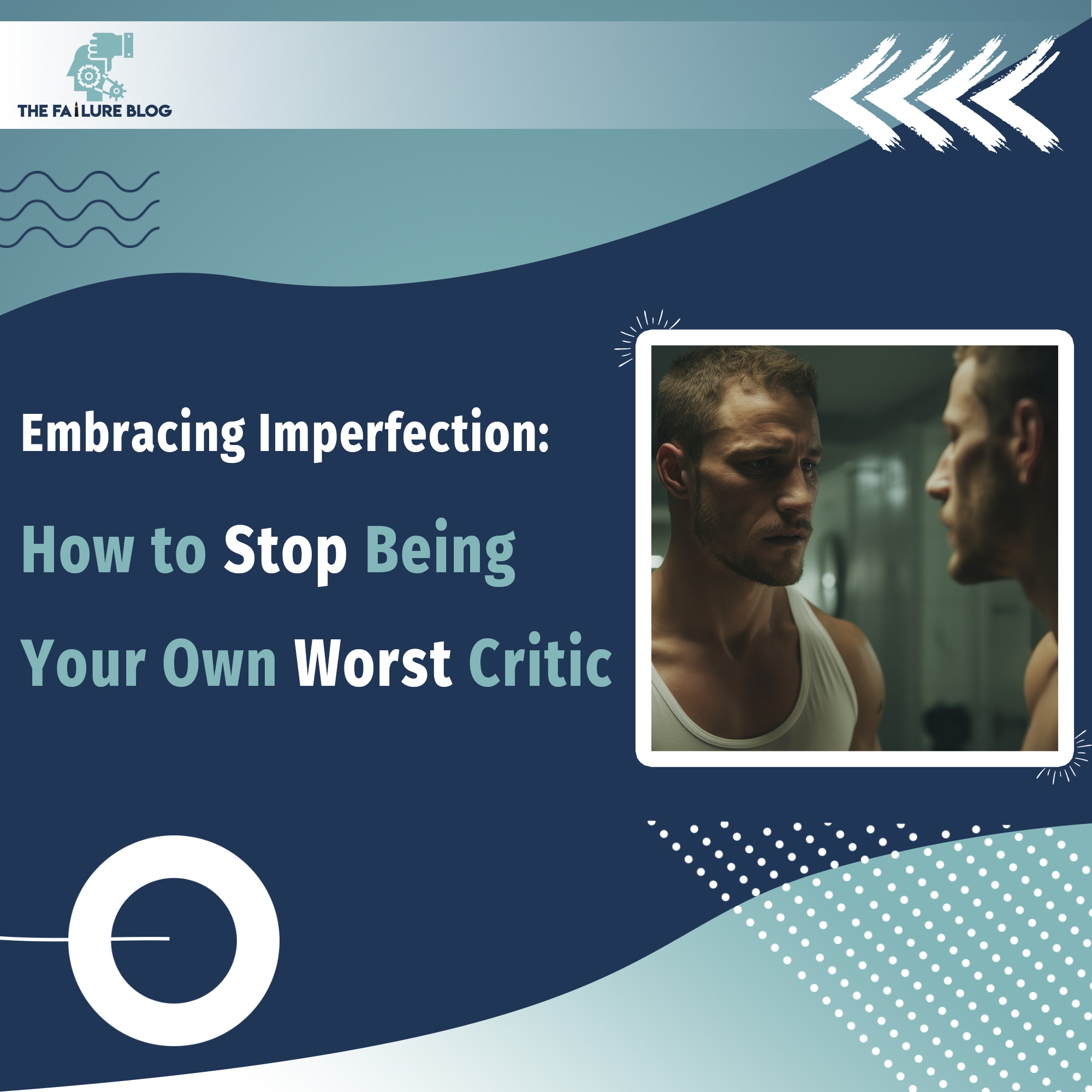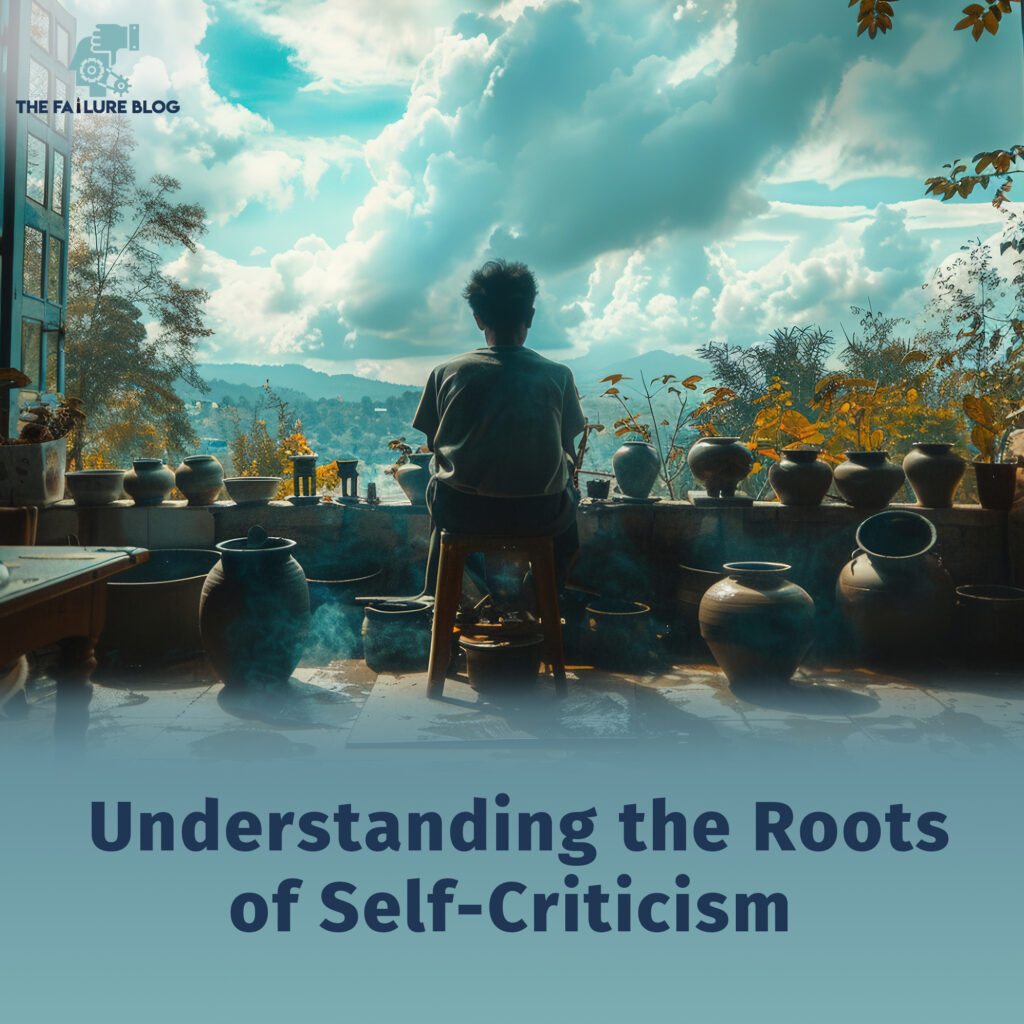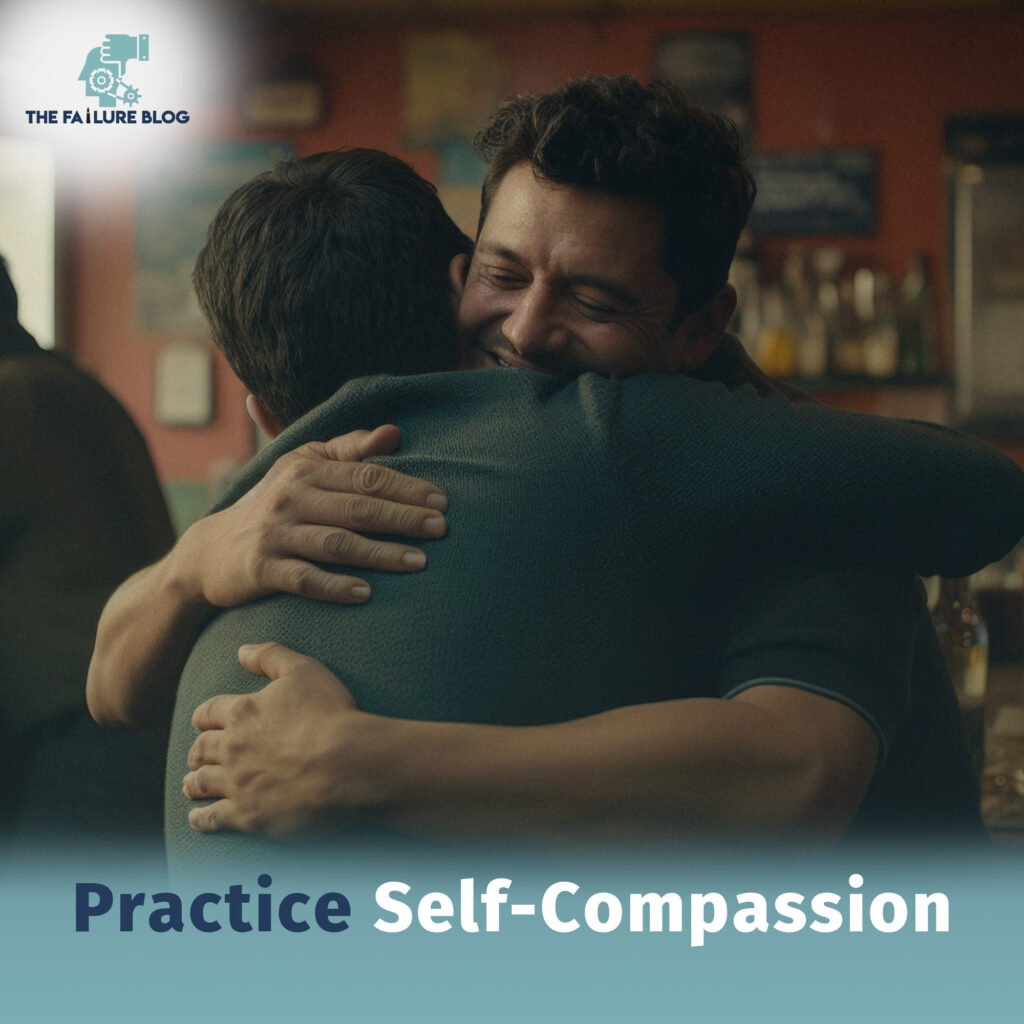
Have you ever caught yourself replaying a conversation in your head, cringing at every word you said, and wondering what you could have done differently? Or maybe you’ve scrolled through social media, feeling inadequate compared to the seemingly perfect lives of others. This tendency to harshly critique ourselves is more common than you might think, and it can be exhausting. But here’s the thing: you don’t have to live like that. Embracing imperfection is not just about self-acceptance; it’s about liberating yourself from the shackles of self-doubt and learning to thrive in your own, unique way.
Understanding the Roots of Self-Criticism
Before diving into ways to embrace imperfection, it’s essential to understand why we are often our own harshest critics. The roots of self-criticism can often be traced back to childhood. According to Dr. Kristin Neff, a leading researcher on self-compassion, people who grew up in environments with high expectations or with critical parents tend to develop an inner critic as a defense mechanism. This critical voice, intended to motivate or protect, can become overbearing and counterproductive as we grow older.
Social comparison also plays a significant role. In today’s digital age, we are constantly bombarded with images of perfection. This endless stream of filtered photos, success stories, and curated lifestyles sets unrealistic standards and triggers feelings of inadequacy. When we don’t measure up, the internal dialogue can turn harsh, feeding into the cycle of self-criticism.

The Cost of Being Your Own Worst Critic
Criticizing yourself isn’t just emotionally draining; it has tangible impacts on your overall well-being. Research from the American Psychological Association shows that self-criticism is linked to higher levels of stress, anxiety, and depression. When you constantly nitpick every flaw or mistake, you activate your body’s fight-or-flight response, leading to elevated cortisol levels and decreased immunity over time.
Additionally, being overly critical of yourself can stifle creativity and hinder personal growth. If you’re afraid of failing or making mistakes, you’re less likely to take risks or step outside your comfort zone. This limits opportunities for learning and can keep you stuck in a cycle of self-doubt and mediocrity.
The Myth of Perfection: Why Chasing It Is Futile
Perfection is an illusion, a moving target that changes depending on the beholder. What’s perfect for one person might be flawed for another. Striving for perfection often leads to burnout and a constant feeling of “not enough.” The truth is, no one is perfect, and that’s okay.
Psychologist and author Brené Brown describes perfectionism as a shield we use to protect ourselves from criticism, rejection, and failure. However, this shield also prevents us from living authentically. Instead of aiming for perfection, we should strive for authenticity. Being authentic allows us to acknowledge our flaws and strengths, embrace vulnerability, and build genuine connections with others.
Embracing Imperfection: A Path to Freedom
Letting go of the need to be perfect is not easy, but it’s incredibly freeing. When you embrace imperfection, you give yourself permission to be human. You allow yourself to make mistakes, learn from them, and grow. Here are some actionable steps to help you get started:
1. Practice Self-Compassion
Self-compassion involves treating yourself with the same kindness and understanding that you would offer a friend. Instead of berating yourself for a mistake, recognize that everyone messes up sometimes. According to a study published in the Journal of Personality and Social Psychology, self-compassion is associated with lower levels of anxiety and depression and higher levels of overall well-being. Try speaking to yourself in a more compassionate tone, or even write yourself a letter of encouragement when you’re feeling low.

2. Reframe Your Inner Dialogue
Our thoughts have a powerful impact on how we feel and behave. If your inner dialogue is filled with negativity, try reframing it. Cognitive-behavioral techniques suggest identifying unhelpful thoughts and challenging their validity. For example, instead of thinking, “I’m terrible at public speaking,” you could reframe it to, “I’m learning and improving my public speaking skills.” This subtle shift in perspective can reduce self-criticism and promote a more positive outlook.
3. Set Realistic Goals
Perfectionists often set impossible standards for themselves, which leads to feelings of failure when they can’t meet those expectations. By setting realistic, achievable goals, you can cultivate a sense of accomplishment and reduce the urge to criticize yourself for falling short. Start with small, manageable tasks, and celebrate your progress along the way. Remember, progress is more important than perfection.
4. Embrace the Power of Vulnerability
Allowing yourself to be vulnerable can feel uncomfortable, but it’s a crucial step in embracing imperfection. Vulnerability is not a weakness; it’s a strength. It involves being open to new experiences, taking risks, and showing up as your true self. By embracing vulnerability, you build resilience and develop a deeper connection with others.
5. Challenge Social Comparisons
It’s easy to get caught up in comparing yourself to others, especially in the age of social media. However, comparisons often lead to feelings of inadequacy and low self-esteem. Psychologists suggest practicing gratitude as a way to combat social comparison. Focus on what you have and appreciate your unique qualities and achievements. Celebrate your own progress instead of constantly measuring it against others.
6. Focus on Growth, Not Flaws
Instead of dwelling on your imperfections, focus on personal growth and development. Embrace a growth mindset, where you view challenges and setbacks as opportunities to learn and grow. A growth mindset, coined by psychologist Carol Dweck, encourages you to see failure as a stepping stone to success rather than a reflection of your worth.
The Role of Mindfulness in Reducing Self-Criticism
Mindfulness is a powerful tool that can help reduce self-criticism and promote self-acceptance. When you’re mindful, you observe your thoughts and feelings without judgment. This awareness allows you to recognize negative thought patterns and detach from them. Studies have shown that mindfulness practices, such as meditation and deep breathing exercises, can reduce self-critical thoughts and increase self-compassion.
Incorporating mindfulness into your daily routine doesn’t require hours of meditation. Start small by taking a few minutes each day to sit quietly, focus on your breathing, and observe your thoughts. With practice, mindfulness can become a natural part of your life, helping you stay present and kinder to yourself.
Remember, the journey toward self-acceptance is not linear. There will be days when you feel confident and others when self-doubt creeps back in. That’s okay. The key is to keep moving forward, embracing your imperfections, and treating yourself with kindness along the way. You are, after all, a work in progress—and that’s exactly as it should be.
By embracing imperfection, you give yourself the freedom to be your true self, live authentically, and find peace in knowing that you are enough just as you are.





Leave a Reply